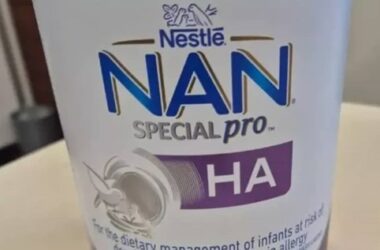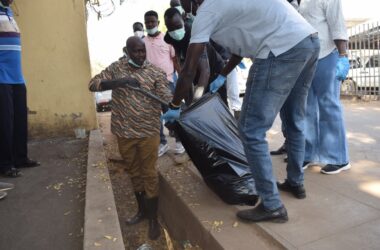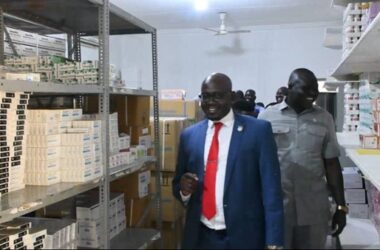By Hou Akot Hou
The Ministry of Animal resources and veterinary in South Sudan’s Northern Bahr El Ghazal state is set to vaccinate over 1,500 heard cattle against contagious diseases.
The Director General of the Ministry, Samuel Ajing Uguak, told this outlet that they were targeting the cattle in three counties which is scheduled to start this week.
Ajing emphasized that vaccination would be free of charge in three counties in Aweil North County and the rest of the two counties.
“The vaccination is free and all we need is for our people to stay alert as an exercise start. The vaccination is going to start in Mayom-Angok of Aweil North County” he said.
He urged the cattle herders who are able to stay in their homes while driving their cattle ready for the vaccination.
“We urge people to ready themselves for this vaccination drive” Director General Ajing explained.
Uguak revealed that the vaccination campaign is going to be extended to Aweil East, North and West counties as reports of deaths among the animals had been testified.
According to the Director General, the United Nations Food and Agriculture Organization (UNFAO) would support in transporting the vaccines to the counties.
He underscored the community vaccinators would carry on the other task and move from household to another with the vaccines as they as they carry out the free vaccination.
In South Sudan, livestock are more than just animals; they are lifelines. For over 70% of the population, livestock provide not only a source of income and employment but also the foundation for food security. Milk and meat sustain families, while livestock sales enable the purchase of essential goods.
Yet, despite their critical importance, South Sudan’s livestock face serious threats from devastating disease outbreaks to inadequate veterinary services and the ravages of climate change.
In a region already impacted by irregular rainfall patterns, droughts, and ongoing conflict, protecting these vital assets is paramount.
Healthy animals mean better food security, stable incomes, and stronger resilience in challenging environments.




